Reposted by: Emily K. Vraga, Andrew K Przybylski

Reposted by: Emily K. Vraga, Wendy D. Manning, Sandra González‐Bailón
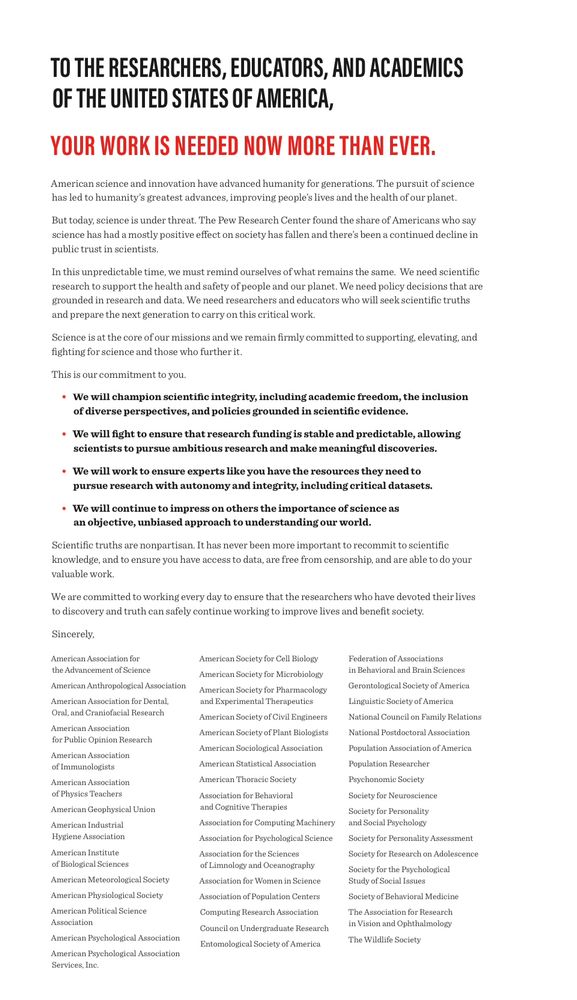
Results: 51% of AI responses had significant issues. 19% introduced errors when citing BBC. 13% misquoted or made up BBC content entirely. 🤐🤐
www.bbc.co.uk/aboutthebbc/... via @ezraeeman.bsky.social
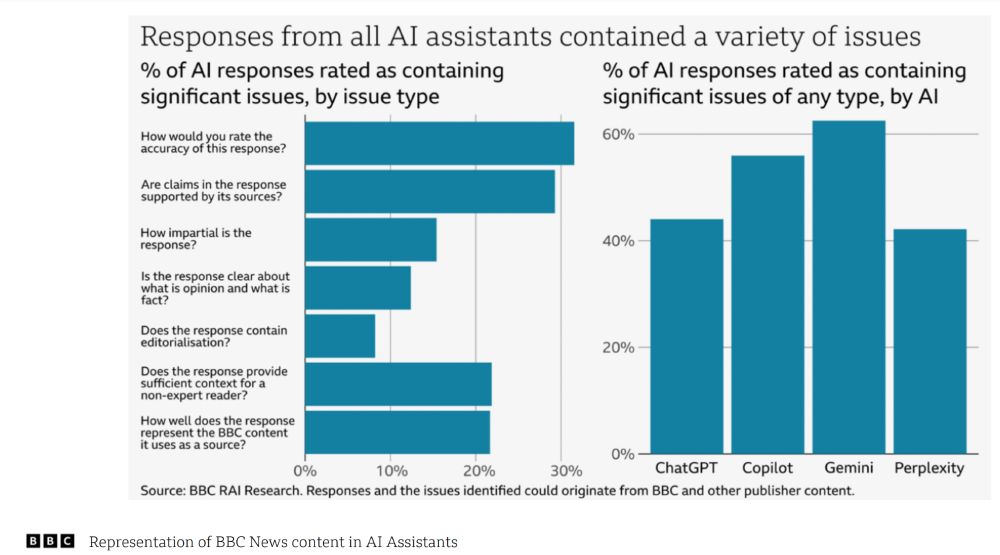
Reposted by: Emily K. Vraga, Torin Monahan
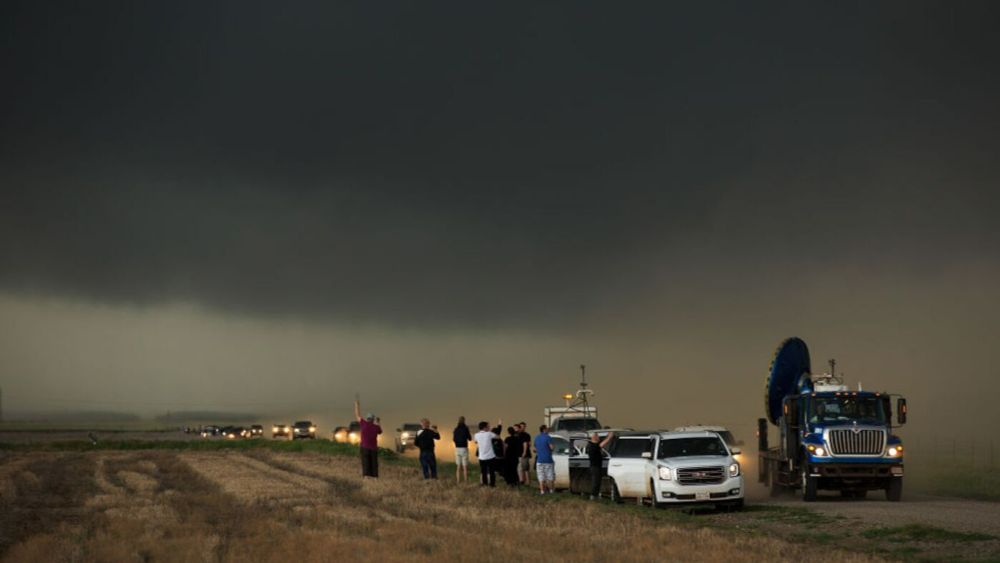
Reposted by: Emily K. Vraga, Clare Bambra, Sarah Joseph
"EMA will no longer post updates and content on X. We believe the X platform no longer suits our communication needs” the agency said in a statement
www.reuters.com/world/europe...

Reposted by: Emily K. Vraga

Reposted by: Emily K. Vraga, Julia Metag, John R. Kerr , and 1 more Emily K. Vraga, Julia Metag, John R. Kerr, Zoe Leviston
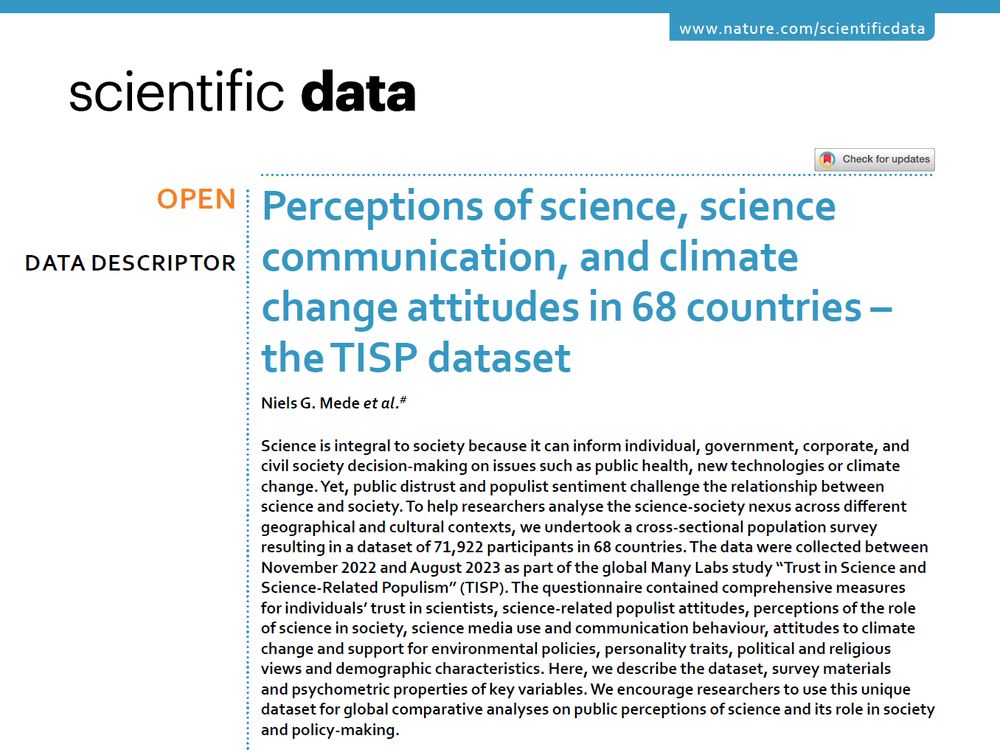
by Timnit Gebru — Reposted by: Emily K. Vraga, Rocco Bellanova
apnews.com/article/ai-a...
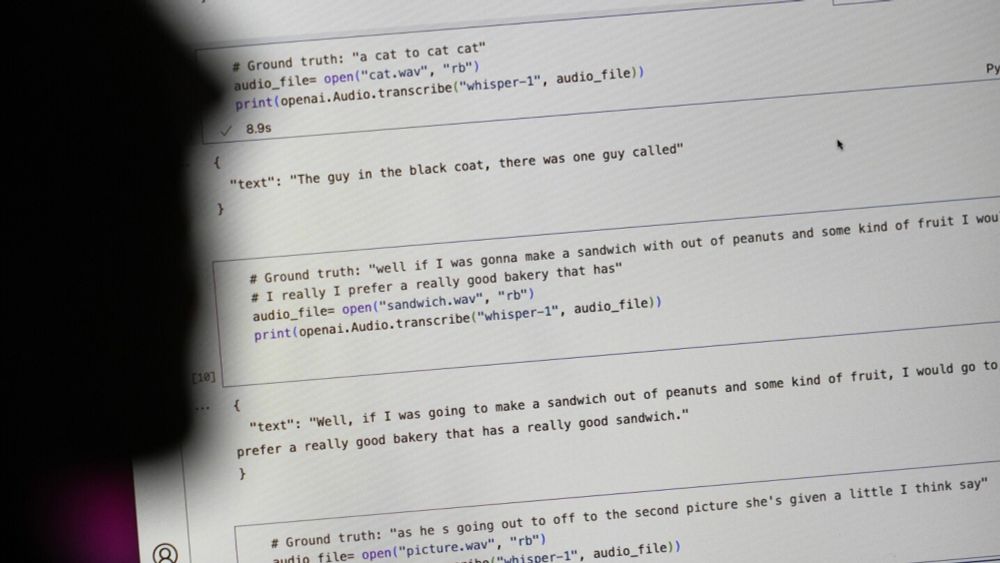
Reposted by: Emily K. Vraga
This new publication is pretty clear in its findings: radical-right populism is the strongest determinant for the propensity to spread misinformation.
Based on an analysis of 32 million tweets in 26 countries.
doi.org/10.1177/1940...
Meta is dropping fact-checking to avoid anti-conservative bias- but is there actually evidence of bias?
We this test empirically & find that conservatives
* ARE suspended more
* BUT share more misinfo
So suspension isn't necessarily evidence of bias www.nature.com/articles/s41...
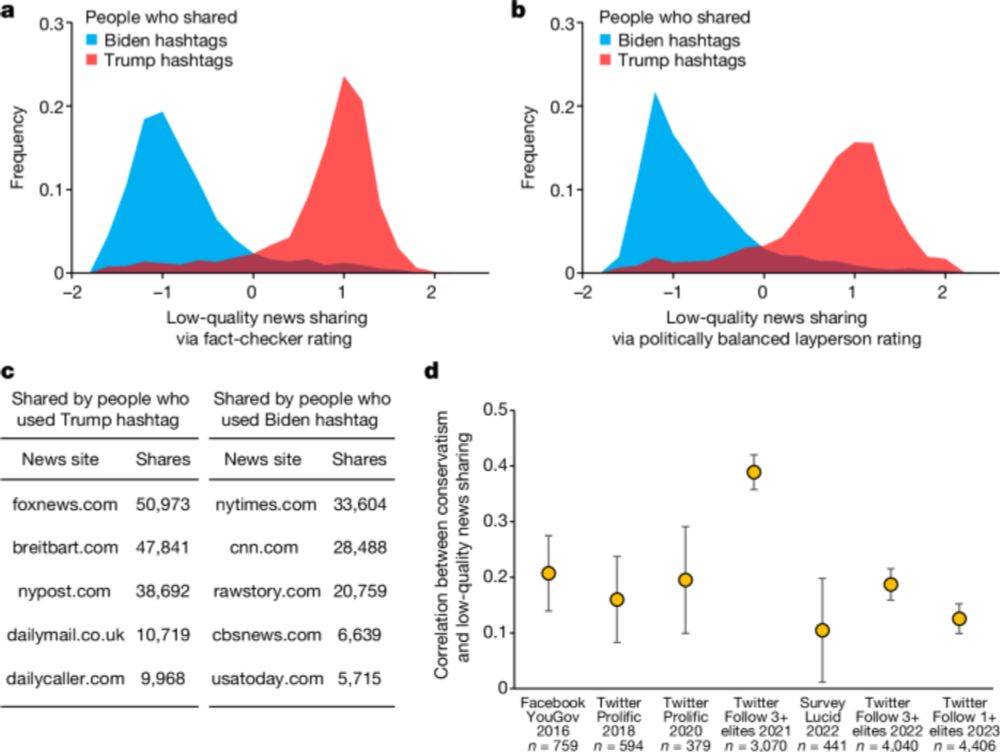
by Brendan Nyhan — Reposted by: Emily K. Vraga, Max Grömping, Mohsen Mosleh
He asserts that "the fact-checkers have just been too politically biased, and have destroyed more trust than they've created, especially in the U.S."
by Emily K. Vraga — Reposted by: Emily K. Vraga
🚨 Publication alert 🚨 led by my awesome graduate student @ritatang.bsky.social! We examine how health journalists tweeted about COVID-19, exploring which tweets get the most engagement. HINT: not politicized language!
Free link here:
www.tandfonline.com/eprint/SCCK2...

by Kate Starbird — Reposted by: Emily K. Vraga, Kai Sassenberg, Sebastián Valenzuela , and 2 more Emily K. Vraga, Kai Sassenberg, Sebastián Valenzuela, Xiaoli Nan, Jana Lasser
(1) The prevalence of misinformation in society is substantial when properly defined.
(2) Misinformation causally impacts attitudes and behaviors.
psycnet.apa.org/fulltext/202...
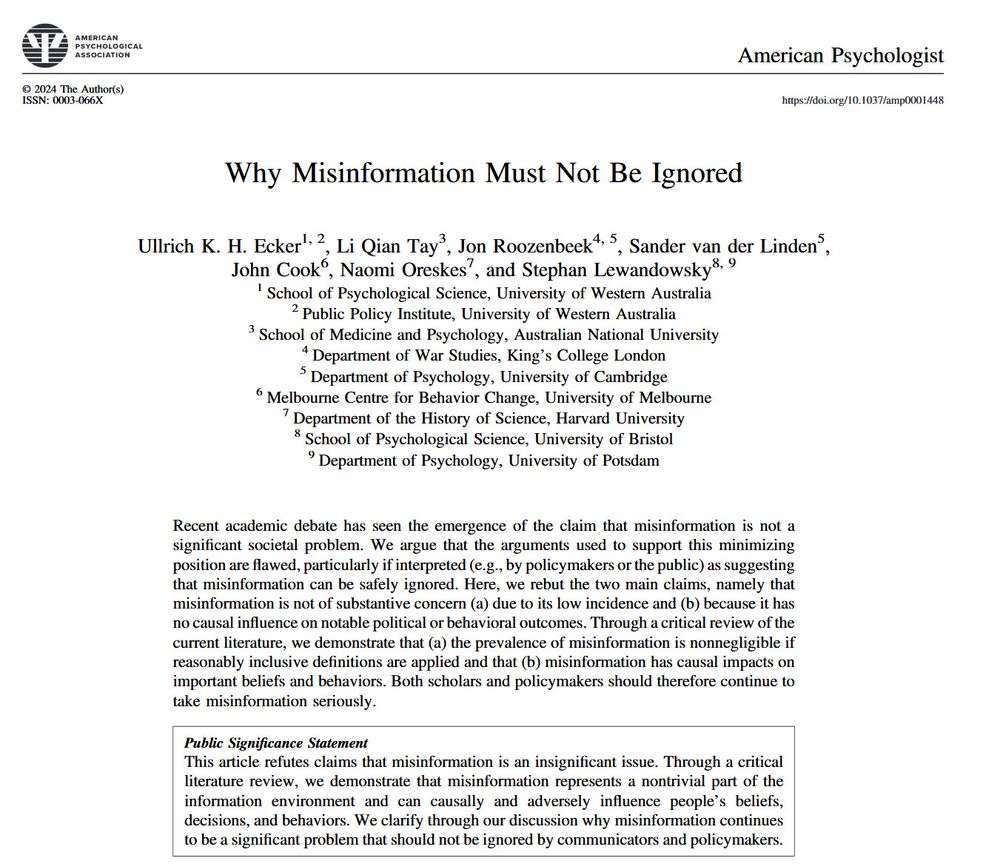
www.npr.org/sections/sho...

It was a privilege to serve as one of the 15 committee members from a wide range of scientific disciplines who put this report together. Quick 🧵1/
www.nationalacademies.org/our-work/und...
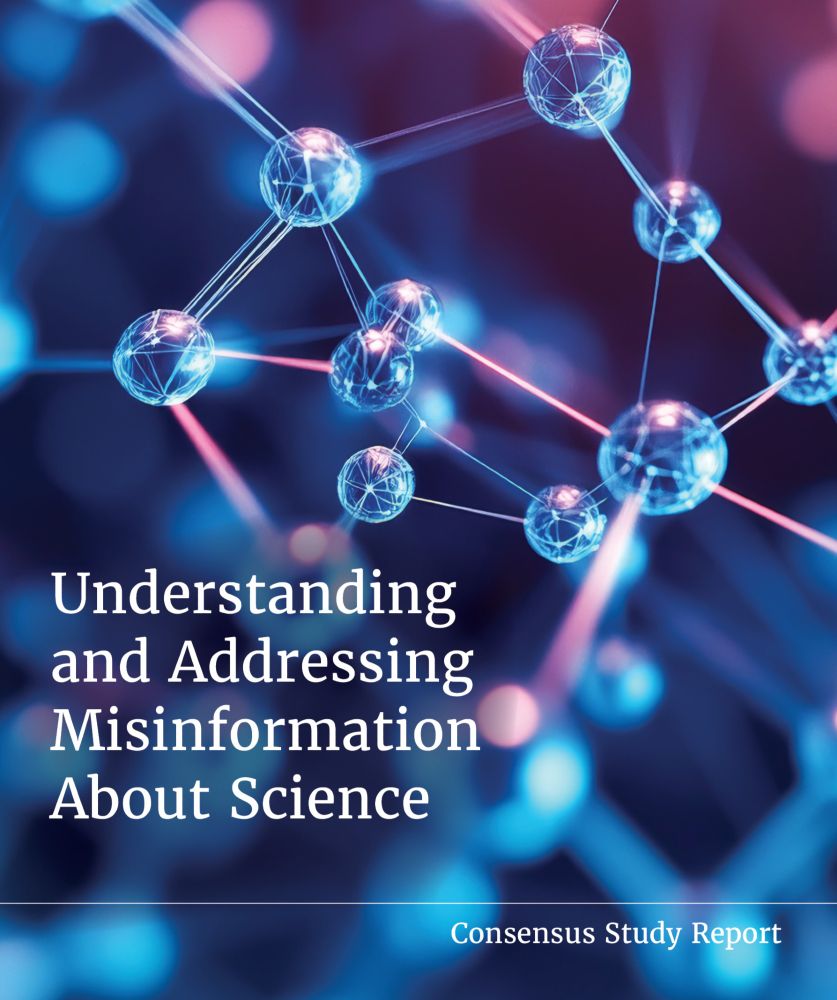
Reposted by: Emily K. Vraga

www.nytimes.com/2024/12/18/u...

Reposted by: Emily K. Vraga
(Mark R. O'Brian, University at Buffalo) 🩺🧪#episky #measles #mumps #polio

www.npr.org/2024/12/16/g...

by Gijs Schumacher — Reposted by: Emily K. Vraga, Scott Clifford
Reposted by: Emily K. Vraga, Ömer Özak
This story arc is way too common in modern society.
deadline.com/2024/12/max-...
We analyze the propagation of 1B+ posts across content moderation regimes, with @davidlazer.bsky.social @jatucker.bsky.social @taliastroud.bsky.social @annenbergpenn.bsky.social
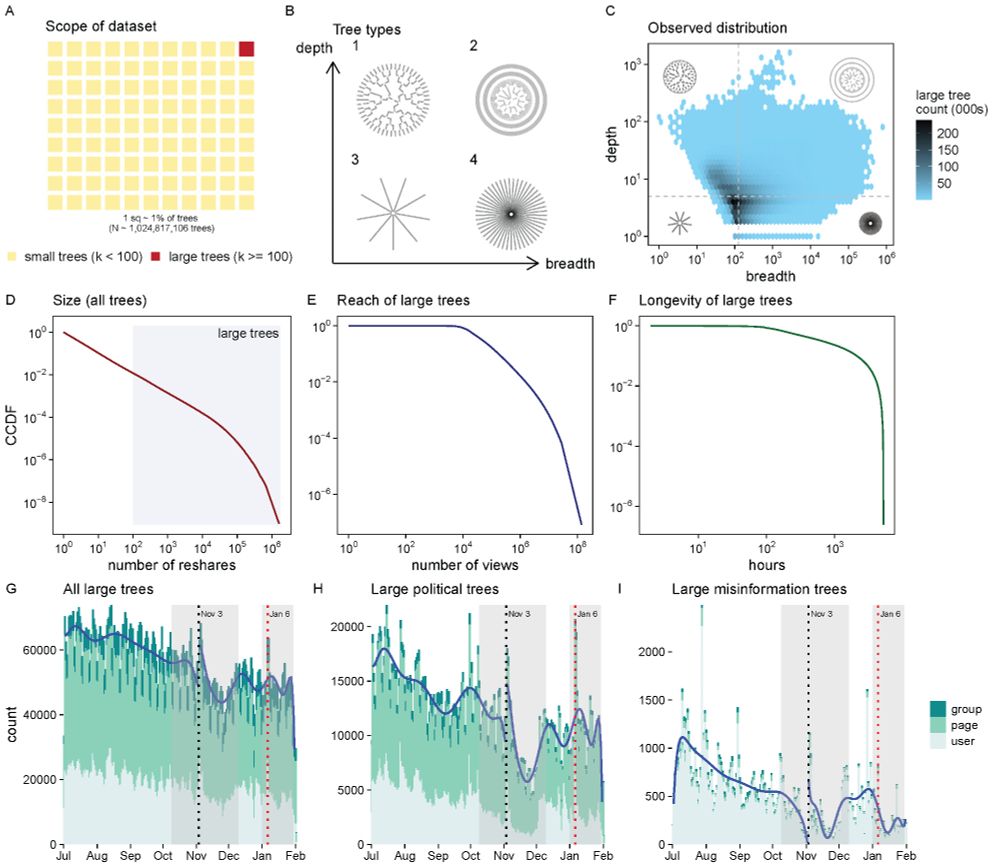
www.mprnews.org/story/2024/1...

Reposted by: Emily K. Vraga, Jonathan N. Katz
Reposted by: Emily K. Vraga
Reposted by: Emily K. Vraga

